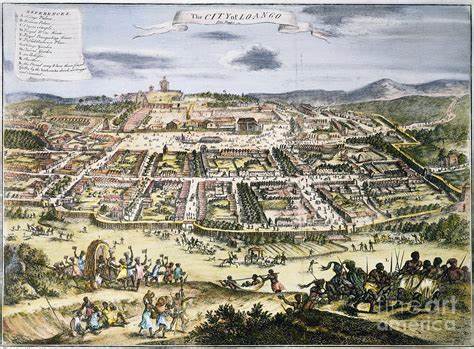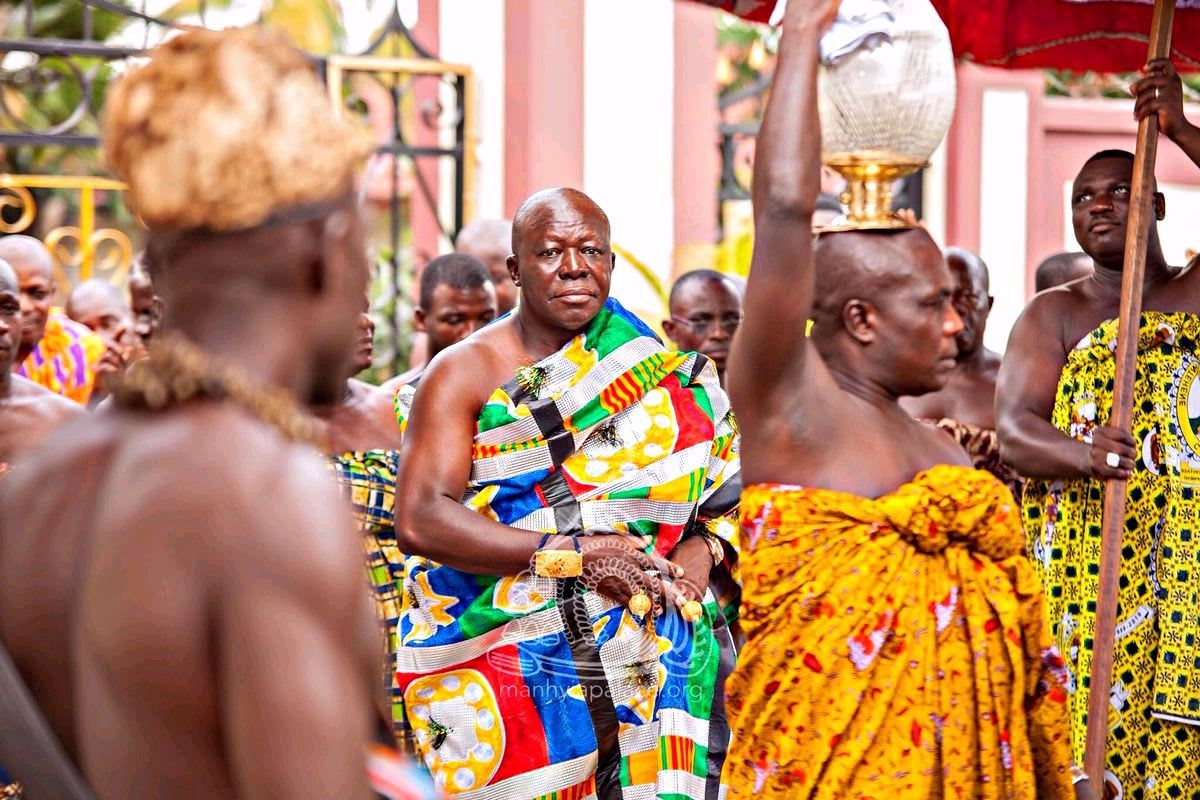Names are important. They are the first point of identity for anything, be it objects, animals or human beings, and it is no different with countries. A country’s name alone can tell you something about its environment, culture, values and/or history.
For many African countries, names were given by colonisers who identified them based on what they could exploit from the region or even, rather audaciously, who ruled it. Thus, these African states stood up and decided to redefine themselves in their own words, especially in light of their independence from the White Man.
Here are 10 African nations that renamed themselves and why:
· Kingdom of eSwatini
After over a century of being known as Swaziland, the South-Africa-locked country, which shares a border with Mozambique, formally became the Kingdom of eSwatini in 2018. Although its ruler King Mswatti III had been calling the country eSwatini (meaning “land of the Swazis” in Swazi) since 2014, the new name only became official on its 50th Independence Day celebration.
“African countries on getting independence reverted to their ancient names before they were colonised. So from now on, the country will officially be known as the Kingdom of eSwatini,” the monarch declared to his subjects who were gathered for the independence day celebration, which doubled as his 50th birthday celebration.
Though the new and former names are essentially the same in meaning, Mswatti—the continent’s last absolute monarch—saw the renaming as an emblematic way to rid the country of its British colonial past. Moreso, he explained that the change would eliminate the confusion of Swaziland with Switzerland. While the change was initially met with some controversy, the new name has since stuck.
· Democratic Republic of Congo
The Central African country has borne many names. From 1885 to 1908, it was ironically called the Congo Free State while it was ruled as a private venture by the ruthless King Leopold II of Belgium. Later on, it became the Belgian Congo—to avoid confusion with the neighbouring French Congo—then Congo-Leopoldville. After it received its independence from Belgium in 1960, it became the Republic of Congo and then in 1964, the Democratic Republic of Congo.
In 1971, dictator Mobutu Sese Seko named it the Republic of Zaire, derived from Zaire, an alternative name for the Congo River. Mobutu believed Zaire (meaning “great river”) was a more authentic African name. After Mobutu’s fall in 1997, the country’s name finally landed back on Democratic Republic of Congo.
o Namibia
In 1884, Germany claimed the region that is now known as Namibia as its colony, naming it German South West Africa. German rule in the territory ended during World War I, as the German troops were defeated by South African forces. In 1920, after the end of the war, the League of Nations handed over the rule of the country to South Africa which then changed its name to South West Africa.
After a tumultuous 70-year rule and occupation of South Africa in the country, South West Africa finally became the independent state of Namibia in 1990. However, the move to name it Namibia can be traced back to 1968, when the UN General Assembly adopted a resolution to name it Namibia, in line with the natives’ wishes. The new name is derived from the Namib desert, the oldest desert in the world.
o Ghana
Before the West African country became Ghana in 1957, it was known as the Gold Coast. The former name was given by British colonialists who exploited the country’s abundance of gold. Upon getting its independence, then Prime Minister and President Kwame Nkrumah decided to name the country Ghana to represent its roots in the great, ancient empire of the same name.
Nkrumah was the first African leader to champion Pan-Africanism, which he had been introduced to during his university days in the United States. It was on this premise that Nkrumah supported the other African countries from European colonisers, after leading his own country to be the first in Sub-Saharan Africa to achieve independence.
o Benin Republic
The West African country was known as Dahomey Republic until 1975, 15 years after it gained its independence from the French. The name change happened under the leadership of Mathieu Kerekou. Benin—named after the Bight of Benin—was thought to be more politically neutral for all ethnic groups in the state, whereas Dahomey was reminiscent of the Fon-dominated ancient kingdom.
Dahomey was a pre-colonial kingdom that, in its prime, encompassed parts of present-day Benin Republic, Togo and southern Nigeria. ‘The Woman King’, a wildly successful 2022 Hollywood film, was inspired by the story of the Agojie, Dahomey’s all-female army.
o Malawi
In 1889, the region now known as Malawi was claimed by the British and named the British Central Africa Protectorate (BCA). In 1907, its name was changed to ‘Nyasaland’, derived from the famous Lake Nyasa (now Lake Malawi).
Between 1953 and 1963, Nyasaland was part of the Federation of Rhodesia and Nyasaland, AKA Central African Federation (CAF), alongside Southern Rhodesia (now Zimbabwe) and Northern Rhodesia (now Zambia). The year after the federation was dissolved, Nyasaland ceased to be a British protectorate.
The newly independent country was then renamed Malawi, which is said to be derived from ‘Maravi’, an ancient kingdom in the region. It has also been reported that the change highlighted the country’s defiance from its colonial past, as Nyasa means “broad waters” while Malawi means “flaming waters”. The latter name denotes how the sunbeams glint off Lake Nyasa, as shown on the Malawian flag.
o Zimbabwe and Zambia
The two Southern African countries formed the British protectorate of Rhodesia, named after the famous British coloniser Cecil John Rhodes. The regions that are now known as Zimbabwe and Zambia were called Southern Rhodesia and Northern Rhodesia, respectively. Southern Rhodesia became a self-governing British colony in 1923, while Northern Rhodesia became a British protectorate in 1924.
Northern Rhodesia declared independence in 1964 and changed its name to Zambia, derived from the Zambezi River which served as the border between the country and Southern Rhodesia. Thereafter, Southern Rhodesia was known as just Rhodesia till 1979, when it became the short-lived state of Zimbabwe Rhodesia.
In 1980, Zimbabwe gained its independence from the British and dropped the Rhodesia part of its name. The name Zimbabwe, which was first used to refer to the country in 1960, stems from Great Zimbabwe, a prominent medieval city that used to be in the region.
For both Zambia and Zimbabwe, doing away with the name Rhodesia was a significant way of relinquishing their ties to Rhodes, one of the greatest advocates of African colonialism.
o Botswana
After the British gained possession of present-day Botswana in 1885, they named it Bechuanaland. Having gained its independence in 1966, the southern African country changed its name to Botswana, after its dominant ethnic group, the Tswana. The former name was a portmanteau of the words ‘land’ and ‘Bechuana’, which was an archaic spelling of ‘Batswana’, the collective name for the people of Botswana. Thus, the main change with the new name was that the English word “land” was discarded.
o Burkina Faso
Before the West African land-locked nation gained its independence from France in 1960, it was known as Haute-Volta. Thereafter, it became the Republic of Upper Volta. Then in 1984, the country became Burkina Faso, meaning “the land of upright and honest people”. President Thomas Sankara thought to usher in a new era for the nation by giving it a name that held value in its native tongue.










